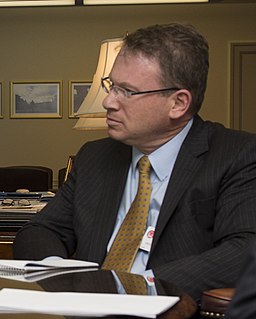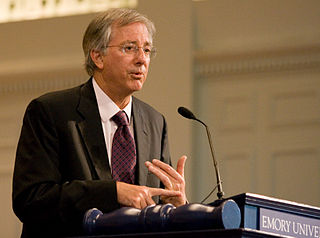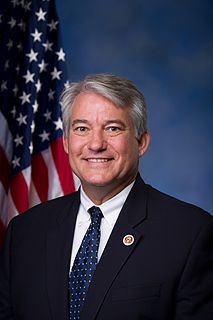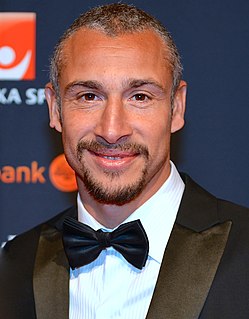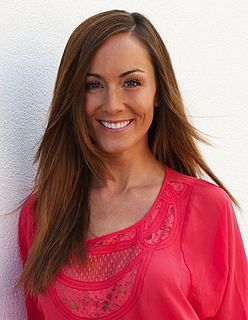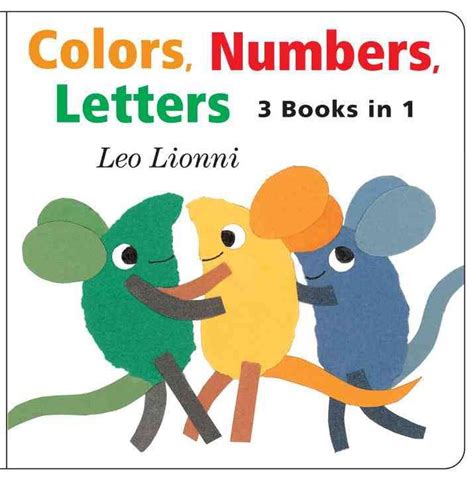A Quote by Jeffrey Goldberg
There's practical political considerations obviously, but there's also these broader themes, which is like, I don't want to be the manager of the Middle East.
Related Quotes
So much of what we see and hear about the Middle East focuses on what we call politics, which is essentially ideology. But when it comes to the Middle East, and especially the Arab world, simply depicting people as human beings is the most political thing you can do. And that's why I chose to write about food: food is inherently political, but it's also an essential part of people's real lives. It's where the public and private spheres connect.
It has been an honor to work in the Obama Administration and to serve this President, particularly during a period of unprecedented change in the broader Middle East. Obviously, there is still work to do but I promised my wife I would return to government for only two years and we both agreed it is time to act on my promise.
It has been an honor to work in the Barack Obama Administration and to serve this President, particularly during a period of unprecedented change in the broader Middle East. Obviously, there is still work to do but I promised my wife I would return to government for only two years and we both agreed it is time to act on my promise.
Israel's democracy is the bedrock on which our relationship stands. It's a shining example for people around the world who are on the frontline of the struggle for democracy in their own lands. Our relationship is also based on our common interest in a more stable and peaceful Middle East, a Middle East that will finally accord Israel the recognition and acceptance that its people have yearned for so long and have been too long denied, a Middle East that will know greater democracy for all its peoples.
I think the public is very reluctant to get involved in more foreign wars, especially in the Middle East. And they understand, implicitly, that we go to war in the Middle East because of oil. And if we don't want to go to war in the Middle East, then we have to do something about the oil problem. And I think that view is gaining ground in the U.S.
The good designer aims at a perfect fusion of the various considerations which enter into his design. He aims at an untortured unity-a direct whole. He arranges his levels consciously or subconsciously, adhearing to the requisites of the problem he is asked to solve or to his own inclination. Some designers see total act through a disc of aesthetic considerations-others, more practical minded, may put economic considerations at top level.
